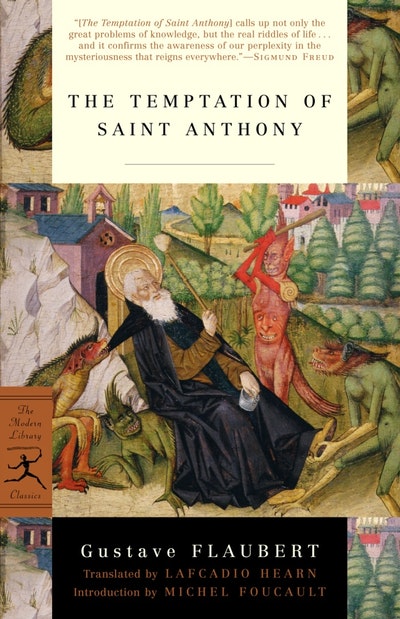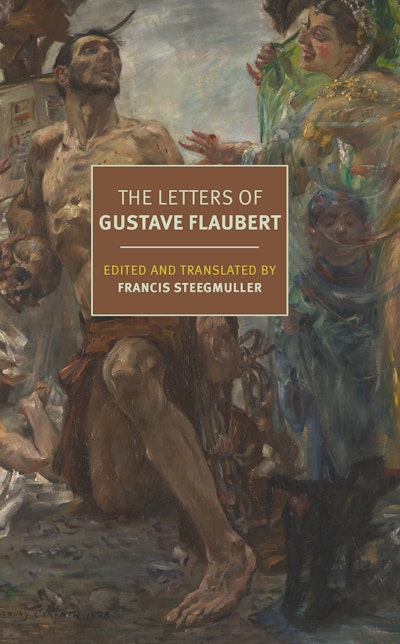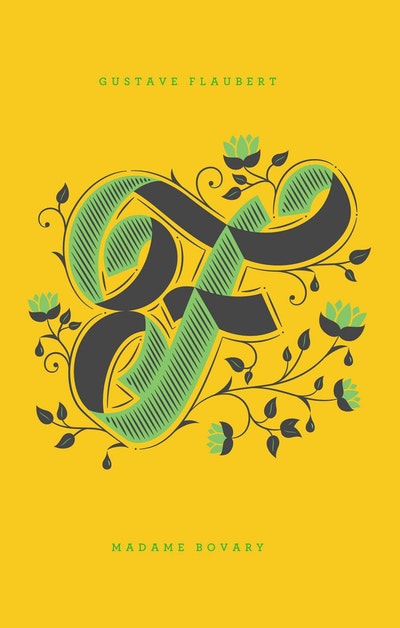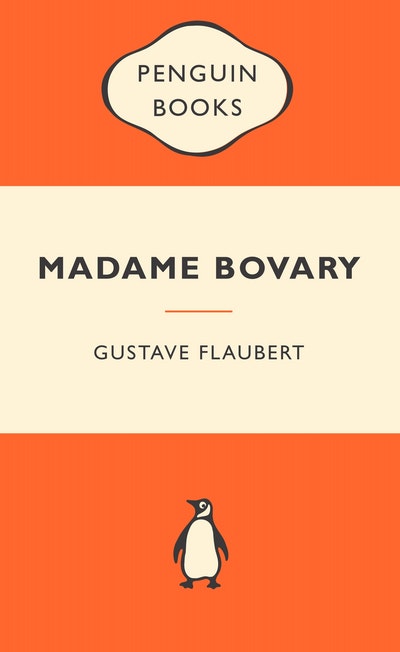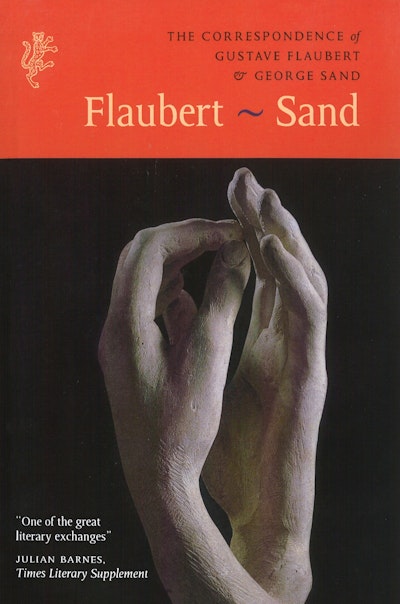[]
- Published: 15 December 2001
- ISBN: 9780375759123
- Imprint: Random House US Group
- Format: Paperback
- Pages: 288
- RRP: $45.00
The Temptation of Saint Anthony
Formats & editions
Buy from…
- Published: 15 December 2001
- ISBN: 9780375759123
- Imprint: Random House US Group
- Format: Paperback
- Pages: 288
- RRP: $45.00
